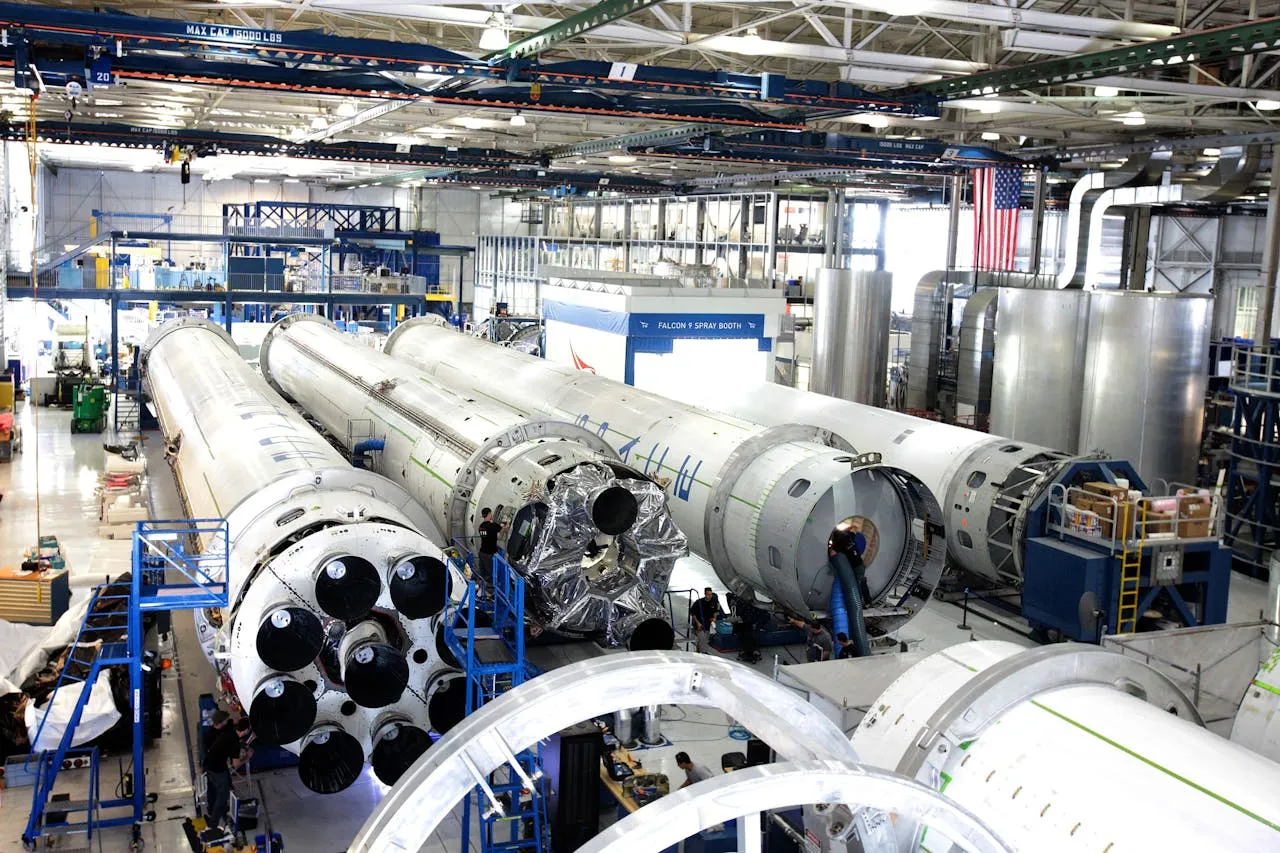
The pharmaceutical industry is evolving toward sustainability, with increasing awareness of the need for eco-friendly practices. Therapeutic peptides and oligonucleotides (TIDES) present particular challenges due to their traditionally resource-heavy manufacturing processes. With the growing demand for TIDES therapies, the environmental impact of their production has become a critical focus. In this article, we delve into the complexities of sustainable TIDES manufacturing, explore Bachem’s groundbreaking initiatives, and discuss the larger industry shift.
The High Environmental Cost of Traditional TIDES Manufacturing
While TIDES are crucial for developing life-saving treatments, their production often relies on significant solvent and energy consumption, producing considerable waste. Compared to small-molecule drugs, TIDES manufacturing uses 46 times more solvent, and with the GLP-1 agonist market expected to exceed $100 billion by 2030, the environmental burden of traditional practices will only grow. Inefficient global supply chains further amplify these challenges, raising both environmental and financial risks.
Bachem’s Pioneering Green Innovations
Bachem has been a leader in sustainable TIDES manufacturing, developing solutions to reduce environmental impact. Our innovative multicolumn countercurrent solvent gradient purification (MCSGP) technology—a form of continuous chromatography—cuts solvent use by an impressive 30%. We are also exploring eco-friendlier peptide synthesis methods, such as replacing harmful solvents with more sustainable alternatives, as shared in our “No More DMF: Greener Solid-Phase Peptide Synthesis with Binary Solvents” webinar. Our commitment to R&D drives continual advancements in green chemistry, and our collaboration with industry partners promotes positive change across the pharmaceutical landscape. For instance, we are exploring liquid-phase peptide synthesis (LPPS) as an alternative to solid-phase synthesis to further reduce waste.
For more insights, check out our webinar on large-scale TIDES purification with MCSGP under GMP.
A Comprehensive Commitment to Sustainability
Beyond process improvements, Bachem takes a holistic approach to sustainability across all aspects of our operations:
- Responsible sourcing & procurement: We work closely with suppliers to ensure ethical, sustainable practices, guided by our Global Code of Conduct for Supplying Partners.
- Waste reduction: We prioritize reducing waste and recycling, with initiatives like our “Reducing Solvent Consumption with Peptide Easy Clean” webinar offering insights into our strategies.
- Energy efficiency & renewable energy: We continuously seek methods to enhance energy efficiency and incorporate renewable sources, exploring alternatives to energy-intensive processes like freeze-drying.
Recognition and Forward-Looking Goals
Bachem’s dedication to sustainability has earned us top-tier recognition, including EcoVadis Platinum and Gold, placing us among the top 1% and 5% of companies worldwide. Looking ahead, our 2026 sustainability goals include:
- Reducing Scope 1 & 2 GHG emissions by 50% per FTE
- Cutting energy consumption by 20% per FTE
- Increasing the representation of women in our workforce and leadership by 10% or more compared to 2020
Our white paper, Pioneering Sustainable, Large-Scale TIDES Manufacturing, provides in-depth information on our sustainable practices and commitment to reducing environmental impact while maintaining high-quality standards.
Collaborating for a Sustainable Future
Bachem is committed to actively shaping a more sustainable pharmaceutical industry. Collaboration is key to building resilience and achieving responsible manufacturing. With our continuous commitment to improvement and innovation, Bachem is your partner in sustainable TIDES manufacturing.
As the demand for TIDES-based therapies grows, so does the need for sustainable practices. Bachem’s comprehensive approach, from process optimization and responsible sourcing to energy efficiency, ensures your products are both effective and ethically produced. We remain committed to making medicines more affordable and sustainable by driving innovation for the benefit of our customers, communities, and the planet.”





